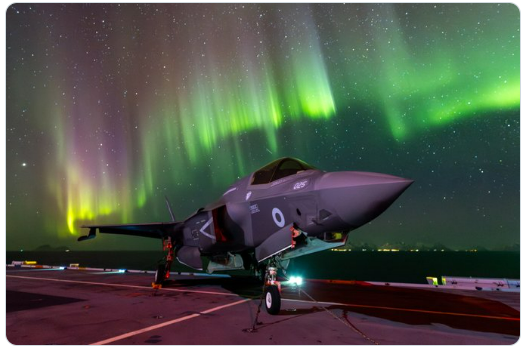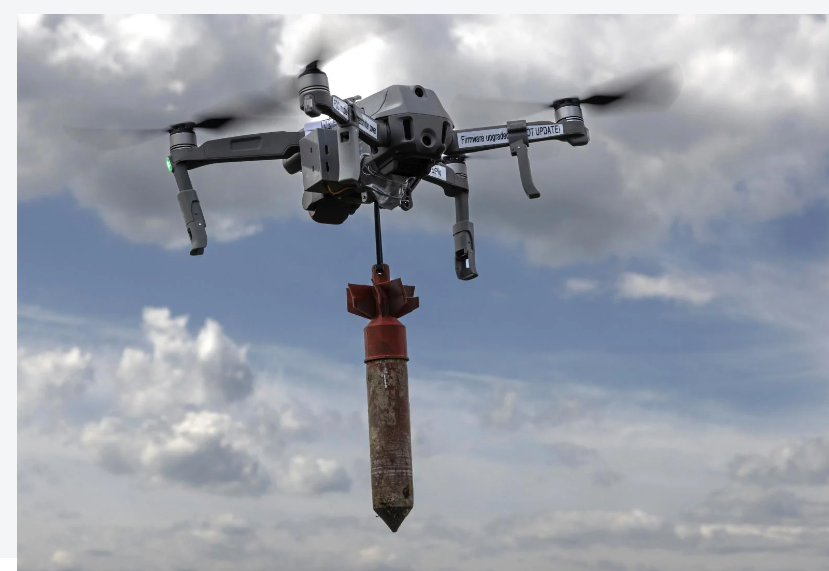Framing theory has been a focal point of research in the field of communications for several decades. According to Robert Entman, framing is the result of selection and salience. Thus, to frame is “to select some aspects of a perceived reality and make them more salient in a communicating text, in such a way as to promote as particular problem definition, casual interpretation, moral evaluation and/or treatment recommendation for the item described”. Most framing studies have examined how the press frames stories in order to promote a certain understanding of reality amongst its audiences.
However, studies have also shown that governments and administrations use framing techniques in order to promote a certain understanding of world events and ensure acceptance of their policies. Such was the case with President George W. Bush who following the 9/11 attacks addressed the American people stating that the attacks were n act of war and that the American people must prepare for the upcoming battle of good versus evil. In this statement, Bush framed the terrorist attacks as an act of war on America, a frame that would later enable him to enact a policy of global war on terror.
Nowadays, governments and administrations use social media channels in order to promote their policies and understanding of world events. Thus it stands to reason that framing techniques would be used on digital diplomacy channels. In order to learn how governments use twitter to frame world events, policies and even other governments, I decided to look back at tweets published by the Russian and German foreign ministries during the Crimean crisis (2/1/2014-31/3/2014).
How Russia Framed Germany: Interestingly, throughout the Crimean crisis, Russia’s foreign ministry posted tweets regarding phone conversations held between Russian President Vladimir Putin and other world leaders. While numerous world leaders were mentioned in this regard, German Chancellor Angela Merkel was by far the most visible world leader. The high salience of Angela Merkel, and the close relationship she enjoys with Putin as illustrated on Russia’s official twitter account, frames Germany as an important world leader, one that has strong ties with Russia and is part of any solution to the crisis.
Table- World leaders
This frame becomes even more apparent when considering the fact that throughout the crisis, Russia’s foreign ministry openly attacked the EU, G-8 and NATO organizations while refraining from attacking Germany directly thus placing it in a league of its own.
Tweets Attacking EU, G-8 and NATO
Another fascinating component of the manner in which Russia framed Germany becomes apparent when evaluating how Russia framed the Crimean crisis as a whole. According to Russia’s framing of the events, a coup d’état had taken place in Ukraine as Nazis, backed by the west, had taken control of the country placing the Russian minority in Ukraine under threat. The solution to the crisis was at first an agreement signed between President Yanukovych and the opposition and later the joining of Crimea to the Russian Federation. During the Crimean Crisis, Russia routinely referred to the perpetrators of the Coup as Nazis and published tweets dealing with the desecration of monuments to Russia’s victory in World War Two.
Table- How Russia Framed the Crimean Crisis
By framing the Ukrainian crisis as a neo-fascist Coup, Russia repeatedly framed Germany without ever directly referencing it. Germany was framed as the country that once divided Europe and the world, a country that must now stand up to the Ukrainian Nazis and aid Russia in resolving the crisis. This framing may have inhibited Germany itself from taking a tougher stance on the matter and openly attacking Russia for how could Germany once again side with Nazism and divide Europe?
The assumption that the Russian frame impacted Germany’s response to the Crimean crisis is supported by the fact that until the beginning of March, posts tweeted by the German foreign ministry with regard to Russia had a very cooperative tone. This tone called for a diplomatic resolution to the crisis and close cooperation with Russia. This tone changed only after Russia made it clear that a referendum regarding Crimea’s acceptance to the Russian federation would take place.
Table- Tone of German Tweets Mentioning Russia
In conclusion, this examination indicates that in the age of digital diplomacy, nations may use social media channels in order to frame world events and even other governments in order to promote their foreign policies.










Leave a comment